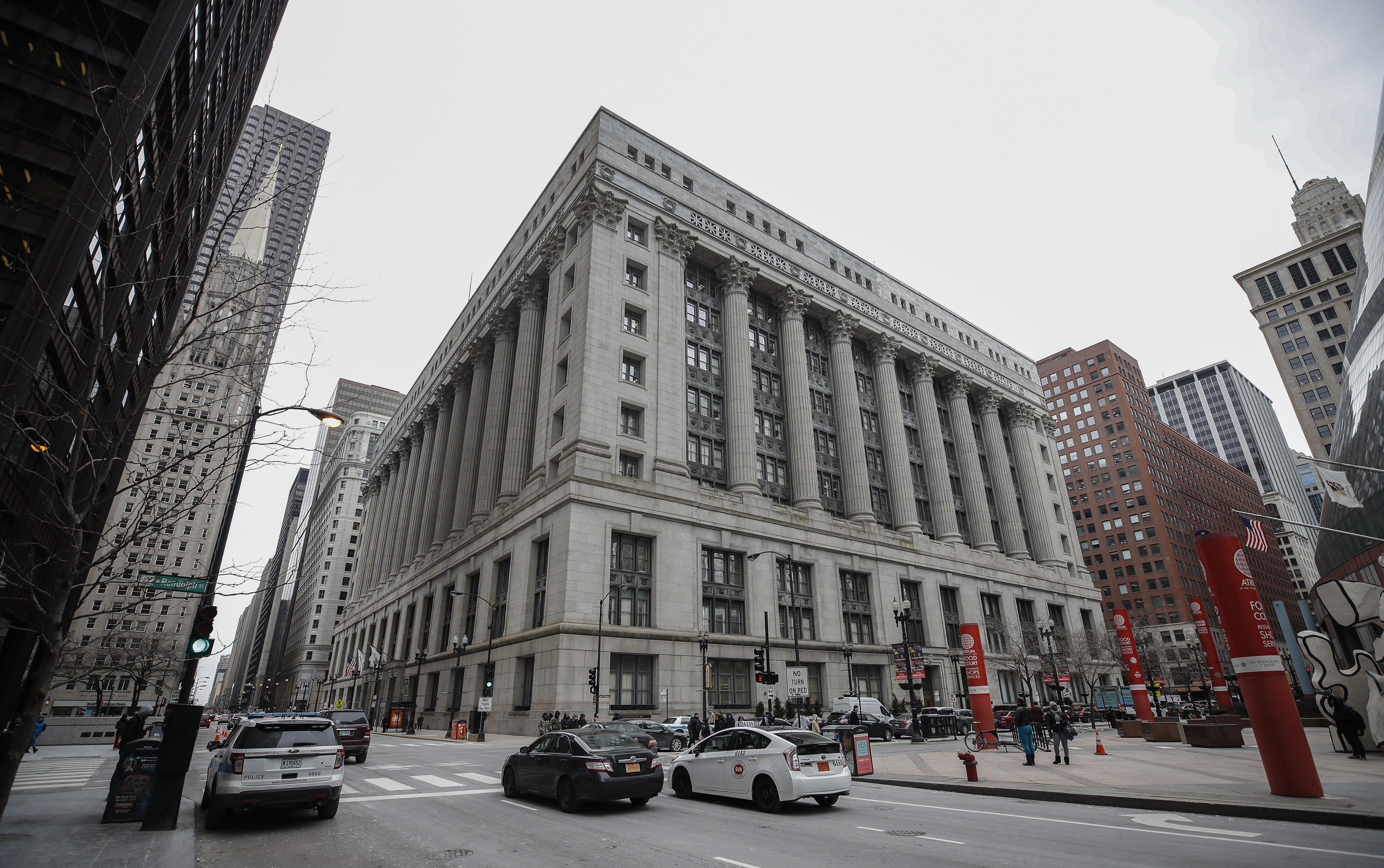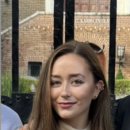
Chicago poised to make history with first black woman mayor
MORE IN THIS SECTION
CHICAGO -- Finally, a spot of good news for a beleaguered city that has long been known as a hotbed of racism and government-sanctioned segregation: the promise of Chicago's first black, female mayor.
In a dogpile of a mayoral race, 14 candidates fought it out to connect to voters who had long ago given into a nasty case of learned helplessness. The two top winners -- both black women -- beat out a rich scion of a Chicago political dynasty, a Latina state official, the city's former top cop and a bevy of other local luminaries.
The two finalists are former assistant U.S. attorney Lori Lightfoot and Cook County Board President Toni Preckwinkle. And no matter which one of them wins the April 2 runoff Chicago's inauguration of a female African-American mayor will make a kind of history that none of the other top cities in America can claim.
It's a stunning turn of events in a town known for never wanting "nobody nobody sent."
And it's a relief, indicating that there are still strides people of color can hope for after a long, miserable Black History Month, which featured allegations that top government officials in Virginia wore blackface in college.
Closer to home, there was collective fear and then outrage (of many different kinds) when it appeared that "Empire" star Jussie Smollett had staged a hate crime in which he claimed he was attacked by assailants who yelled racist and homophobic slurs.
Oh, and then there's the cop-on-minority-resident issue. This inspired a federal consent decree requiring the Chicago Police Department to undergo reforms to ensure people of color are treated humanely by the law enforcement officers who are sworn to protect them.
And I'm also sick of the perceptions that Chicago's murder rate is the highest in the nation -- it's not, and by some measures doesn't even crack the top 20.
So, yeah, the city could use good news in the form of a historic change of leadership from Rahm Emanuel, a big-interests-focused political operator. Either one of these two women could, in theory, address the neglect of the African-American community, which has caused what some experts consider to be a mass migration of black people out of the city and into the suburbs, neighboring Indiana or the Southern states where the original Great Migration began.
Though we've earned a high-five, at this specific moment in politics, it may be a toss-up whether the Preckwinkle-Lightfoot battle is more interesting because of the race angle or the gender one.
For decades Chicago's South Side communities had been a major economic engine for black communities and the city, but the city starved the neighborhoods of resources so much that its residents have, no doubt, come to believe that their votes don't count.
That perception wasn't helped by initial precinct returns showing the two front-runners were elected not by the grassroots of the city's African-American base, but by predominantly white wards on the North Side of the heavily segregated city.
So what's left to watch?
How these two women -- both very strong candidates who are in a struggle to differentiate themselves as more progressive than the other -- will demonstrate executive competence and leadership without falling off the tightrope of being "likable" vs. "shrill" or "bossy."
These are exemplars that the female Democrats who have declared their candidacy for president would do well to keep an eye on.
At least it won't be a boring race. As evidenced by her campaign thus far, Lightfoot -- a self-proclaimed out and proud black lesbian -- has seemingly never even heard of the "be nice" political playbook that's expected of women politicians -- perhaps a winning formula for other, future female high-office candidates?
Lightfoot came out a-brawlin' the day after the election, accusing Preckwinkle of squandering the opportunity to take a leadership role in preventing the violence in the city. Lightfoot also accused Preckwinkle of refusing to address poverty, spreading false rumors, and threatening to "take her out" of the mayor's race.
Preckwinkle, a consummate Chicago machine-politics player, will certainly land her own well-funded punches in the next five weeks leading up to the run-off.
Whoever emerges as the winner however, will require time to set up shop and expand her powers.
Her story will, for at least a while, inevitably be more about how she convinced voters of all stripes to trust in her, rather than about what she does once in office.
That glass ceiling that Hillary Clinton said was left with a million cracks in it after her loss in 2016? The 2020 presidential candidates who want to finally break through it will do well to follow this race closely.







LEAVE A COMMENT:
Join the discussion! Leave a comment.